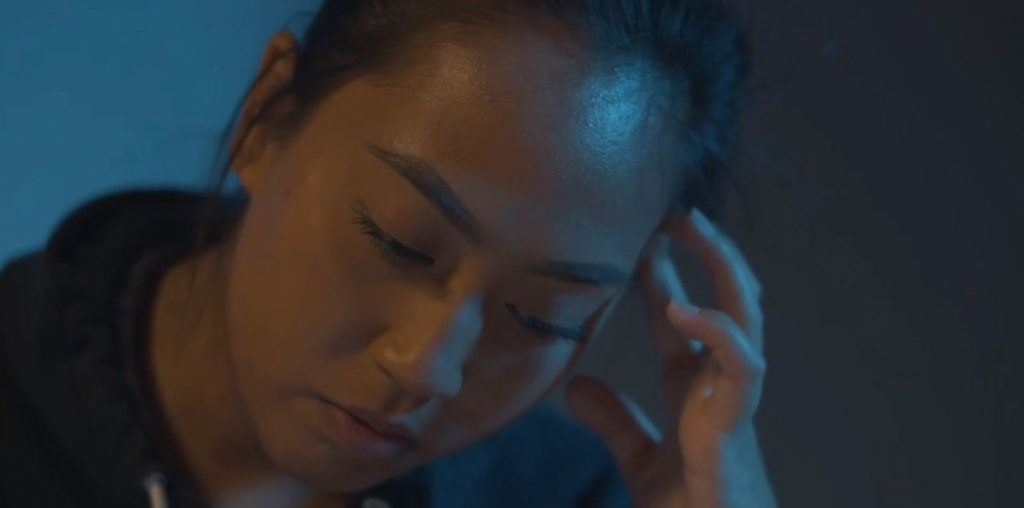
In a time when gay rights are still very much at the forefront of political discussion, there are few places where the struggle is more evident than the Bible Belt of America. In the heart of Mississippi, out gay individuals often face rejection or even violence from friends, family, and powerful religious organizations when (and if) they make the decision to stop hiding their identities. So where do these individuals – out and closeted alike – find a place of acceptance and community? In the Deep South, gay bars have become something of a surrogate family, providing support and understanding in a culture that is otherwise painfully lacking.
In “small town gay bar,” Director Malcolm Ingram explores the struggle for equal rights by examining a variety of issues faced by gay men and women in the South. The film is constructed as a skillful interweaving of vignettes that represent this struggle. While profiling two Mississippi gay bars (Rumors in Shannon and Different Seasons in Meridian), Ingram also discusses the recent violent mutilation and murder of 18 year-old Scotty Weaver, an out gay teen in a neighboring state; the history and eventual fate of nearby bars, such as Tulip Creek Bar in Tupelo, which was burned down by the owner in 1998; and the oppositional argument offered by the protest-staging Christian Coalition in Mississippi.
Veterinarian receptionist by day and show director at Rumors by night, Jim Bishop (aka Alicia Stone) serves as one of the most outspoken voices in the film, introducing the audience to the featured bars and articulating many of the unspoken struggles faced by the gay community. Meanwhile, the film chronicles the phenomenal amount of work and dedication Lori and her partner Ruby put into converting the old, dilapidated Crossroads Bar into the new Different Seasons. And between interviews with Scotty Weaver’s family members and archival footage of news stories covering his brutal murder, the Reverend Fred Phelps, leader of the Westboro Baptist Church seeks to justify the protests staged by his church in opposition to the gay community, insisting that by agreeing to host Scotty’s funeral, the local Church of God served only to “fan the flames of f*g lust.”
Inherently moving and excruciatingly truthful, Malcolm Ingram’s “small town gay bar” is the story of real people in a real place, documenting their fight to create a family of love and acceptance in a world that has offered them none. At several points in the film, Ingram presents a rolling portrait of individuals – including the owners, employees, and patrons of the bars – against a steady backdrop depicting the parking lot or the bar itself. Humanizing and in-your-face, the portraits force the audience to look into the eyes of these individuals and see them for who they are – people who have intermittently endured oppression, found acceptance, been hurt, and been healed – people who are, ultimately, no different than the rest of us.
